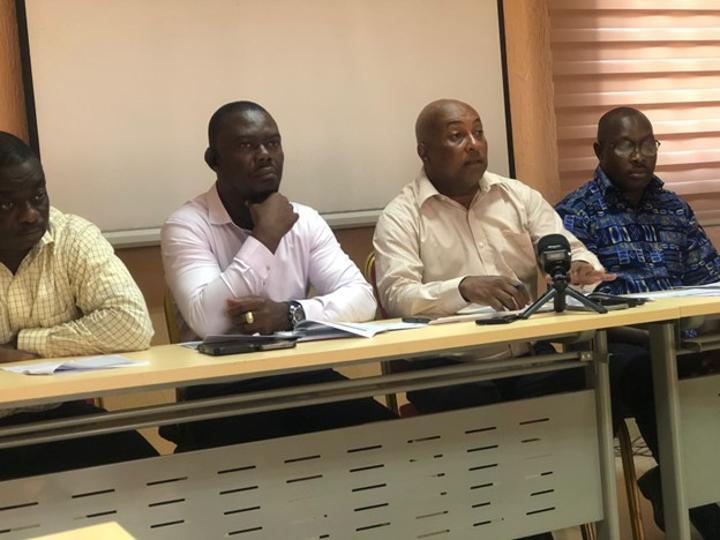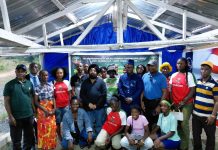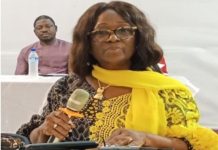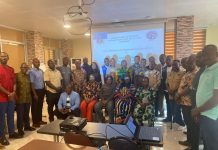Africa-Press – Liberia. The ECC proposes the following recommendations based on findings from its observation of various phases of the electoral cycle.
The Elections Coordinating Committee (ECC), has released its final election technical report that covers the observation of all phases of Liberia’s 2023 electoral cycle.
The ECC through its Chairman Cllr. Oscar Bloh, on Thursday May 30, 2024, in Monrovia released the ECC findings from their observation which was administered as part of the Liberia Independent Domestic Election Observation (LIDEO) activity with support from the United States Agency for International Development (USAID) and supplementary assistance from Irish Aid to increase the number of short-term election observers during the October 10, 2023 general elections and the November 14, 2023 run-off presidential election.
According to Cllr. Bloh, based on its observations and reports received from observers deployed throughout the electoral period, ECC observed the following:
“Improved Voter Registration (VR): The VR process started on March 20 and ended on May 11, 2023. As compared to the 2017 elections, the introduction of the Biometric Voter Registration (BVR) system improved the quality of the Final Registration Roll (FRR). The use of the BVR detected multiple registrants and suspected under-age registrants which mitigated the risk of multiple and illegal voting.
“Exhibition: The exhibition took place from June 12-17, 2023 and afforded voters the opportunity to correct their bio-data, to make claims for inclusion, and to file objection to inclusion which is followed by a hearing at the magisterial offices of NEC. Transportation cost makes it difficult for citizens who have claims to inclusion to travel to the various magisterial offices for hearings. As such, many of the claims are never heard. This has the potential to undermine citizens’ trust in the credibility of the FRR.
“Delimitation of Electoral Constituencies: The Constitution mandates the legislature to set constituency sizes in line with population growth and movement, while the NEC is charged with reapportioning constituencies on the basis of census data.
“The census which should have been conducted in 2018 took place in 2022. Between this period, it is generally agreed that the country has seen a significant population growth and movement. The Constitution also mandates in Articles 80 (d) and (e) that each constituency shall have an approximately equal population of 20,000 persons or a number of citizens designated by the legislature following a census to keep up with population movement and growth, provided that the total number of constituencies shall not exceed one hundred.
Recommendations:
The ECC proposes the following recommendations based on findings from its observation of various phases of the electoral cycle. The recommendations target institutions of different categories that are responsible to make legal and policy decisions supportive of electoral reforms. The recommendations are also formulated based on electoral themes:
1. Voter Registration:
1.1 The NEC progress towards the introduction of a passive voter registration system so that voters are automatically registered when they turn of voting age or when they move to another place of residence.
1.2 The National Legislature amends the NEL to make it mandatory for the NEC to provide the Final Registration Roll (FRR) to political parties, independent candidates and election observation groups three months prior to the conduct of presidential and legislative elections.
1.3 The National Legislature amends the NEL to make vote buying an electoral offense with clearly defined sanctions.
1.4 The Voter Registration Regulation be amended so that citizens who can provide proof that they will turn 18 years old on election day are allowed to register. This will ensure that more young people can exercise their civil and political rights.
For More News And Analysis About Liberia Follow Africa-Press






